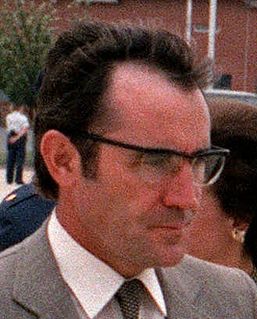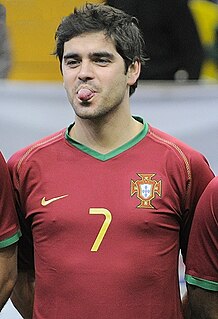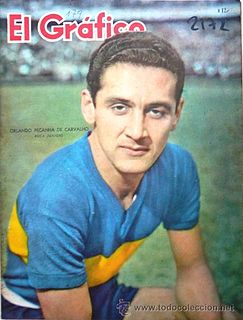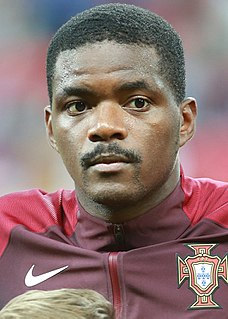
Dom Pedro II, nicknamed "the Magnanimous", was the second and last monarch of the Empire of Brazil, reigning for over 58 years. He was born in Rio de Janeiro, the seventh child of Emperor Dom Pedro I of Brazil and Empress Dona Maria Leopoldina and thus a member of the Brazilian branch of the House of Braganza. His father's abrupt abdication and departure to Europe in 1831 left the five year-old as Emperor and led to a grim and lonely childhood and adolescence, obliged to spend his time studying in preparation for rule. He knew only brief moments of happiness and encountered few friends of his age. His experiences with court intrigues and political disputes during this period greatly affected his later character; he grew into a man with a strong sense of duty and devotion toward his country and his people, yet increasingly resentful of his role as monarch.

Estádio Adelmar da Costa Carvalho, commonly known as Estádio Ilha do Retiro or simply Ilha do Retiro, is a football stadium situated in Recife, State of Pernambuco, in Northeastern Brazil, and owned by Sport Recife.

Ricardo Alberto Silveira de CarvalhoOIH is a retired Portuguese professional footballer who played as a centre back.

The Portuguese presidential election of 1980 was held on 7 December.

The Portuguese presidential election of 1976 was held on 27 June.

Otelo Nuno Romão Saraiva de Carvalho, GCL, is a retired Portuguese military officer. He was the chief strategist of the 1974 Carnation Revolution in Lisbon. After the Revolution, Otelo assumed leadership roles in the first Portuguese Provisional Governments, alongside Vasco Gonçalves and Francisco da Costa Gomes, and as the head of military defense force COPCON. In 1976, Otelo ran in the first Portuguese presidential election, in which he placed second with the base of his support coming from the far-left. In the 1980s Otelo was accused of having involvement with the controversial Forças Populares 25 de Abril.

Daniel da Silva Carvalho, more commonly known as Daniel Carvalho, is a Brazilian football attacking midfielder for Pelotas.

Daniel da Cruz Carvalho, commonly known as Dani, is a Portuguese retired footballer who played mainly as an attacking midfielder.
Honório Pereira Barreto was a governor of the Portuguese colony of Guinea.

Orlando Peçanha de Carvalho, known simply as Orlando, was a Brazilian footballer who played defender.
Joaquim da Silva Carvalho is a Portuguese retired footballer who played as a goalkeeper.

Paulo de Carvalho is a Portuguese singer.
Antonio Carvalho is a Canadian mixed martial artist currently competing in the featherweight division. He has fought for promotions such as the UFC Shooto, TKO Major League MMA, MFC, Ironheart Crown, Cage Force and Warrior-1 MMA. He holds a notable victory over Hatsu Hioki.

Fernando Travassos Tordo is a singer and composer. In 1969, he made his singing debut on Portuguese television, while competing to represent his country in the Eurovision Song Contest (ESC). He would try again for the next three years until he finally won in 1973, with his song "Tourada", a political protest song. He competed in the ESC that year in Luxembourg, where he finished in 10th place. Then, in 1977, he competed in the ESC in London, this time, as part of the group, Os Amigos, singing the song, "Portugal No Coração" or "Portugal in my Heart". The song came in 14th place.

Olavo Luiz Pimentel de Carvalho is a Brazilian writer, self-educated philosopher, literary critic, polemicist, and former astrologer and journalist. His interests include historical philosophy, the history of revolutionary movements, the traditionalist school and comparative religion. He is known for his conservative and right-wing political stances, while being a staunch critic of the political Left.

William Silva de CarvalhoComM is a Portuguese professional footballer who plays for Spanish club Real Betis and the Portugal national team as a defensive midfielder.
Duarte de Eça was the 3rd Captain-major of Portuguese Ceylon. Eça was appointed in 1552 under John III of Portugal, he was Captain-major until 1553. He was succeeded by Fernão Carvalho.
João António Antunes Carvalho is a Portuguese professional footballer who plays for English club Nottingham Forest as a midfielder.
Events from the year 1622 in Portuguese Macau.













